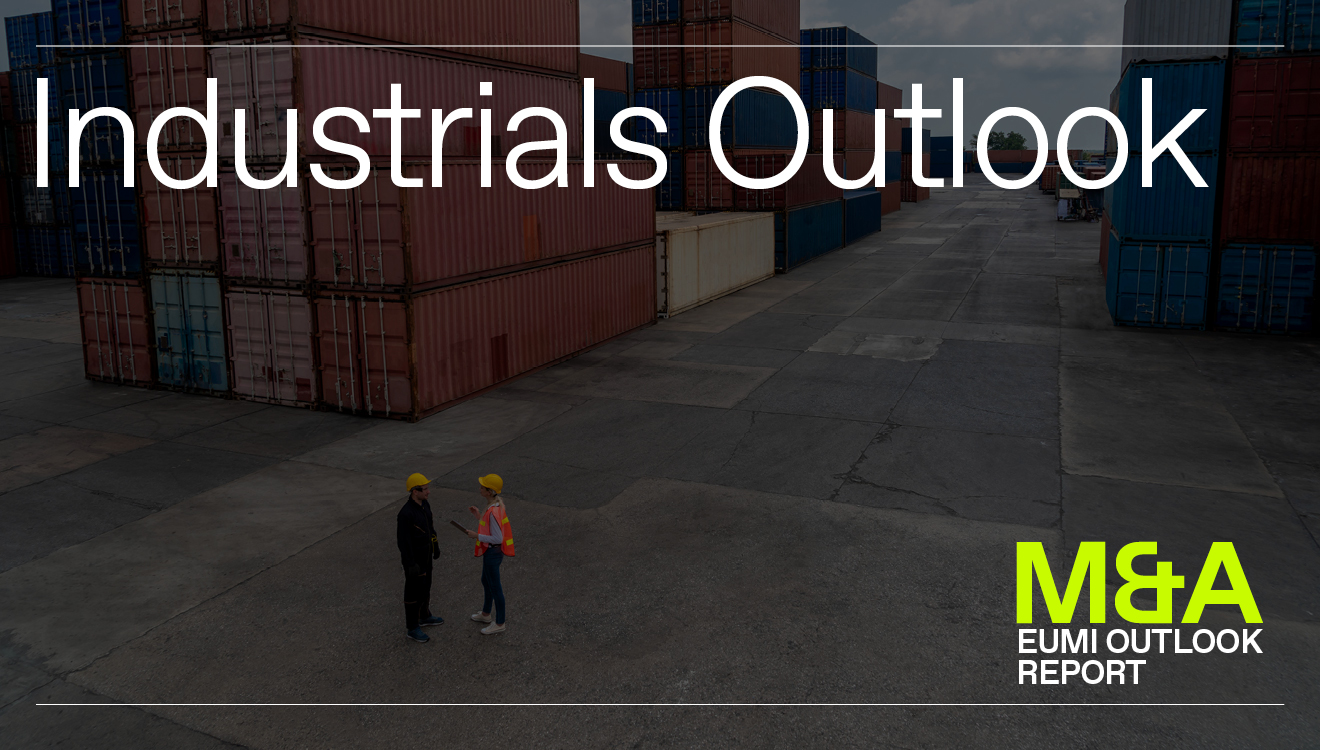The regulatory tide is turning: ESG and geopolitics are shaping German M&A
In 2025, environmental, social, and governance (ESG) factors, data protection, and geopolitical concerns will reshape the regulatory landscape for M&A in Germany.
By AnsaradaTue Jan 07 2025Mergers and acquisitions, Advisors, Industry news and trends

Dealmaking in Germany is increasingly coming up against the hurdles of an ever-changing and complex regulatory system. Heightened scrutiny of ESGfactors, data protection, and geopolitical concerns are adding layers of complexity to M&A transactions.
These insights have been gathered as part of our 2025 Germany M&A Outlook Report, developed in association with Mergermarket. The report takes the pulse of 50 corporate and private equity (PE) dealmakers’ headquartered in Germany and shares their sentiment of the market in 2024, while looking ahead to what’s in store for 2025.
While not the most frequently cited challenge in the survey, regulatory scrutiny garnered significant attention among respondents. Dealmakers must contend with a multitude of regulations, many stemming from EU directives, impacting every stage of the M&A process.
Environmental and social scrutiny
The Corporate Sustainability Reporting Directive (CSRD) mandates that large companies report on their environmental impact and the impact of climate change on their operations in Germany. This directive significantly increases the scope of environmental due diligence required in M&A transactions.
Furthermore, Germany's Supply Chain Due Diligence Act (SCDDA) requires companies to rigorously assess their supply chains for environmental and human rights violations. Non-compliance carries substantial fines, making supply chain due diligence a critical aspect of M&A evaluations.
Data protection and privacy
Stringent data protection laws, like the General Data Protection Regulation (GDPR), govern the transfer and processing of personal data in M&A transactions. Non-compliance can result in significant penalties, as evidenced by the hefty fines imposed on companies like Hennes & Mauritz and Volkswagen.
Geopolitical and trade tensions
The increasingly protectionist stance of both the EU and German regulators is significantly impacting M&A activity. The Foreign Subsidies Regulation (FSR), which empowers the European Commission to block or impose conditions on deals involving foreign subsidies, adds another layer of complexity to cross-border transactions.
Germany has also tightened its foreign investment rules, requiring notification for most inbound deals and increasing scrutiny of acquisitions in sensitive sectors. This has resulted in the government blocking several Chinese acquisitions of German companies.
Respondents also highlighted data protection and environmental regulations as the most significant areas of regulatory scrutiny in the past 12 months. Concerns around competition law also emerged as a major concern, with regulators closely monitoring M&A activity for anti-competitive behavior.
Addressing the challenges
The SCDDA has faced criticism for its complexity and reporting burdens. Recognizing these concerns, the German government has announced revisions to the law to reduce the impact on smaller companies and offer more flexibility in reporting.
The regulatory landscape for M&A in Germany is constantly evolving. Navigating this complex environment requires careful planning, thorough due diligence, and expert legal and regulatory guidance. As ESG factors, data protection, and geopolitical concerns continue to gain prominence, companies must proactively address regulatory requirements to ensure the successful execution of their M&A strategies.


